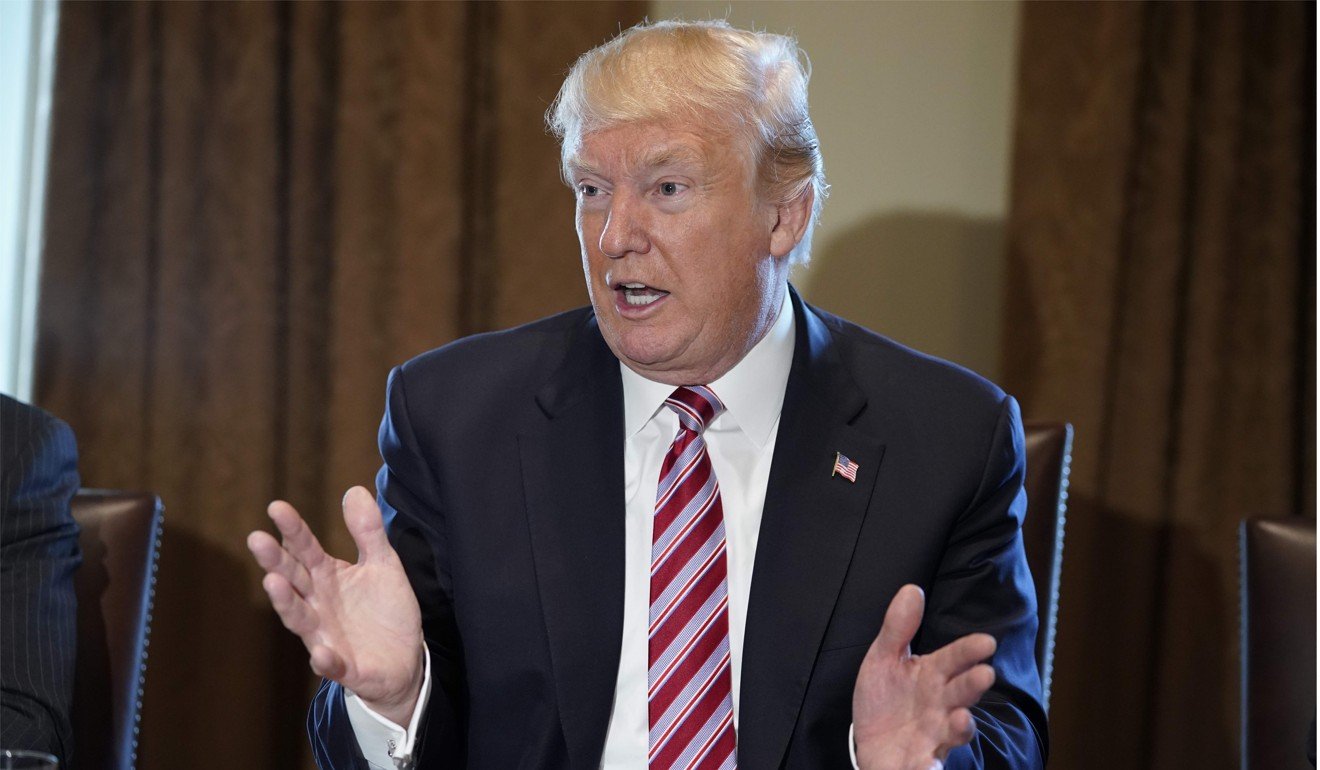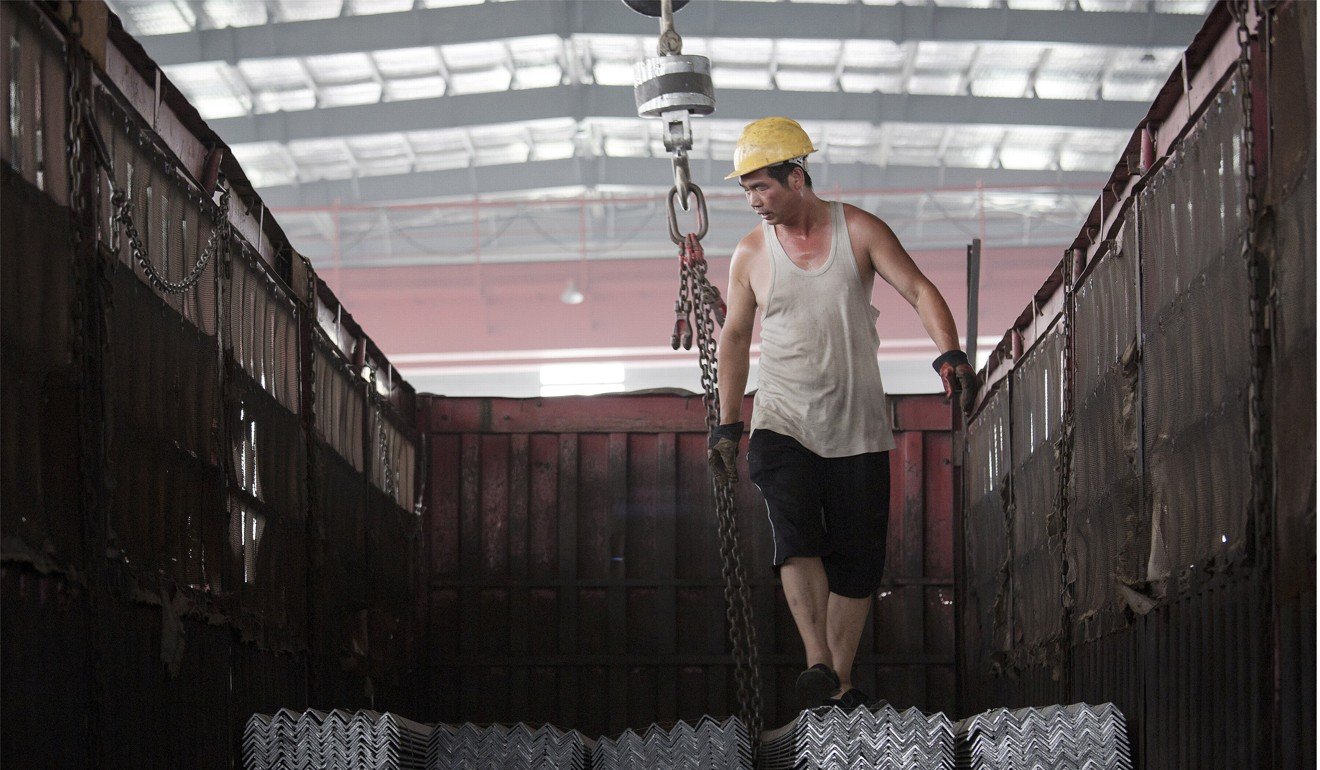
Donald Trump vows to revise ‘disaster’ South Korea trade deal
President Donald Trump vowed Tuesday to revise a US trade deal with South Korea to secure more favourable terms, while also threatening retaliatory trade sanctions against China.
“The Korea deal was a disaster,” Trump told reporters as he hosted a White House meeting on trade, vowing the United States would negotiate a “fair deal” or scrap it altogether.
Charging that the US steel and aluminium industries were being “decimated” by dumping, Trump said he was also mulling trade sanctions against China, and was “considering all options” including tariffs.

Trump’s comments came a day after he singled out South Korea and China, along with Japan, over their trade surpluses with the United States, accusing them of “getting away with murder.”
Trump suggested at the start of the trade meeting that he had various options for dealing with foreign competition in the steel and aluminium industries, and “Part of the options would be tariffs.”
“I want to keep prices down but I want to make sure that we have a steel industry,” he told the 19 lawmakers - four Democrats and 15 Republicans.
Commerce Secretary Wilbur Ross submitted his department’s final reports on the metals to Trump in January, and the president has until mid-April to decide on any potential action, which could include tariffs.
Trump instructed the Commerce Department last year to probe whether imports of steel and aluminum represent a threat to US national security, under the seldom-used Section 232 of the Trade Expansion Act of 1962.
The investigations are seen to primarily target China, which the US blames for creating excess capacity and dragging down global prices.

A separate US probe into China’s intellectual property practices is also clouding trade relations.
Some Republican lawmakers challenged the idea of enacting tariffs based on a 232 finding.
“Invoking national security when I think it’s really hard to make that case invites retaliation,” Senator Pat Toomey, a Pennsylvania Republican, told Trump.
Senator Mike Lee, a Utah Republican, added: “You would end up with net job losses,” noting U.S. industrial dependence on steel.
He said only 3 per cent of imported steel is used for national-security purposes, potentially undermining Trump’s argument.
Trump responded that the number would go up as the US increases defense spending in coming years.
A White House spokeswoman Lindsay Walters, said Tuesday that the meeting “is part of the president’s commitment to ensure fair and reciprocal trade policies that support the American worker and grow the American economy.”

.png?itok=arIb17P0)
